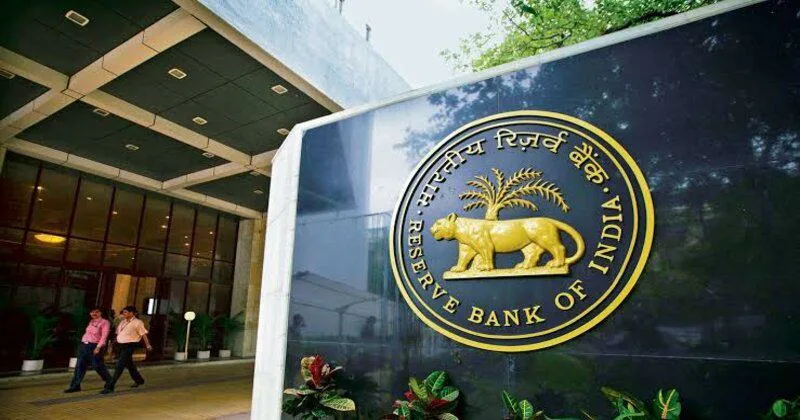
The Reserve Bank of India (RBI), in its Financial Stability Report (FSR) released on Monday, cautioned private sector banks against writing off loans to artificially improve their balance sheets. This practice, the RBI noted, may obscure delinquencies in unsecured lending and distort the true picture of asset quality. The warning comes as gross non-performing assets (GNPAs) hit a 13-year low of 2.6% in the September 2024 quarter, with net NPAs also plunging to 0.56%. While these improvements were partly driven by reduced slippages and increased write-offs, the RBI raised concerns over weakened underwriting standards and the sustainability of asset quality improvements.
The report highlighted rising risks in the retail loan segment, particularly in unsecured lending, which accounted for 51.9% of fresh NPAs in retail portfolios as of September 2024. The net NPA ratio, representing net non-performing assets as a percentage of net loans, was reported at 0.6%. Despite the challenges in retail lending, the asset quality of large borrower portfolios improved significantly over the past two years, and their share in GNPAs continued to decline. However, the banking system’s liquidity coverage ratio fell from 135.7% in September 2023 to 128.5% in September 2024, driven by higher net cash outflows influenced by less stable funding sources.
Overall, the RBI’s report underscores the need for private banks to maintain robust lending and underwriting practices to safeguard long-term financial stability. While the decline in GNPAs signals positive trends, the central bank warned against over-reliance on write-offs and highlighted the growing vulnerability in unsecured lending. Strengthening risk management and improving transparency remain critical for sustaining the sector’s health amid evolving challenges.

Post Your Comments